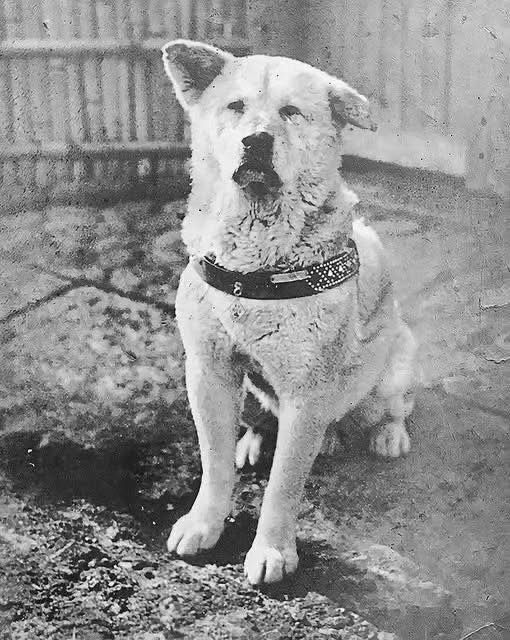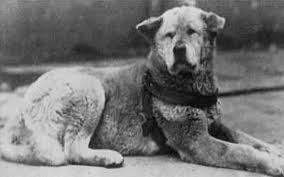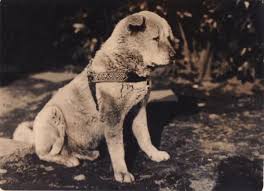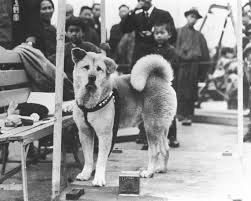Hachikō: Japan’s Eternal Symbol of Loyalty

Hachikō: Japan’s Eternal Symbol of Loyalty
RELEATED VIDEOS :
In the bustling heart of Tokyo, at Shibuya Station, stands a bronze statue of a dog. To passersby, it may look like a simple landmark. To the people of Japan, and to many around the world, it represents one of the most moving stories of loyalty ever told—the story of Hachikō.
Hachikō was an Akita dog born in 1923. He belonged to Professor Eizaburo Ueno, who taught at Tokyo Imperial University. Their routine was simple yet full of affection. Each morning, Hachikō accompanied Ueno to Shibuya Station. In the afternoon, the dog returned at exactly three o’clock to greet his owner and walk him home.
That routine was broken in 1925, when tragedy struck. Professor Ueno suffered a fatal stroke while at the university and never returned. Hachikō, however, continued to wait.
Day after day, the Akita arrived at the station at the same hour, scanning the crowds in search of the man he would never see again. Rain or shine, year after year, his vigil continued.
For nine years, Hachikō waited. His devotion touched commuters, workers, and the entire community. Newspapers began to tell his story, and he became a national symbol of loyalty, admired across Japan.
In 1935, Hachikō passed away at Shibuya Station, the very place where he had kept his faithful watch.
Today, his bronze statue remains one of Tokyo’s most visited landmarks. It is not only a meeting point for friends and travelers but also a lasting tribute to love, devotion, and the unbreakable bond between humans and animals.
Hachikō’s story endures as a reminder that true loyalty has no end.











